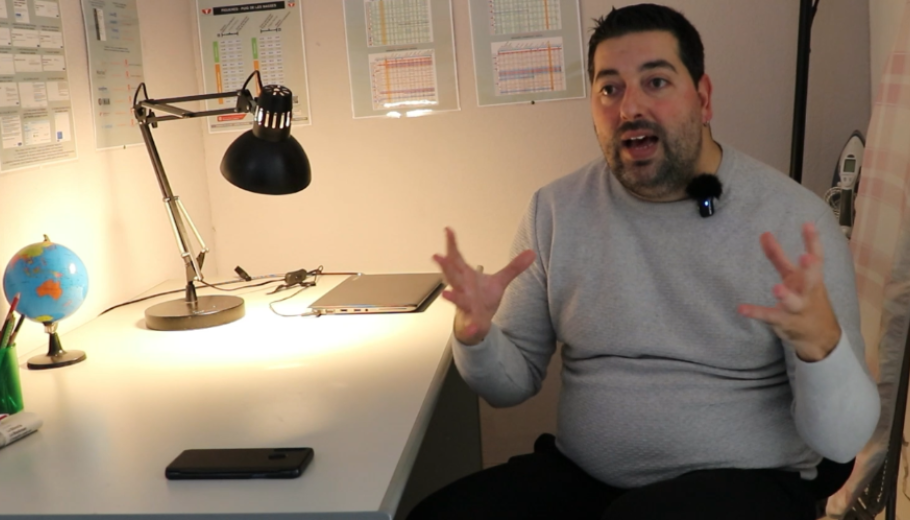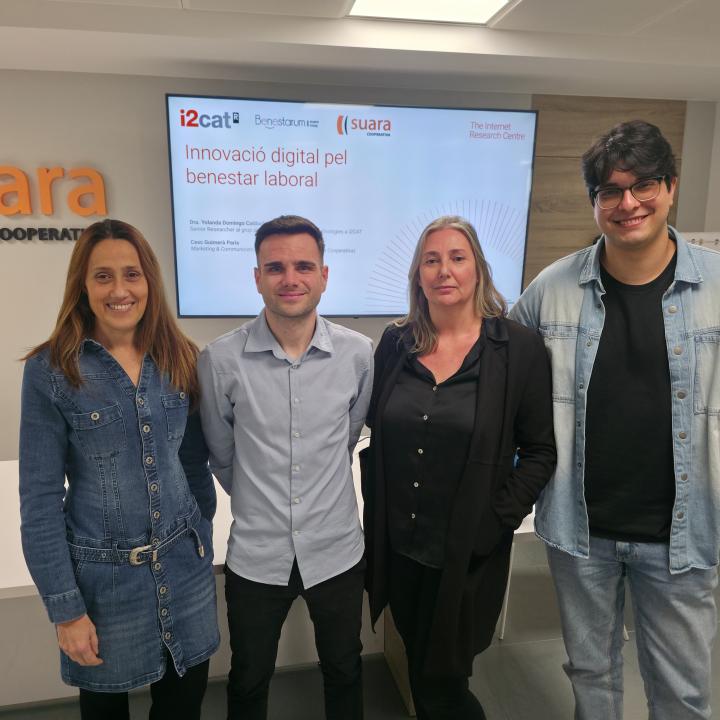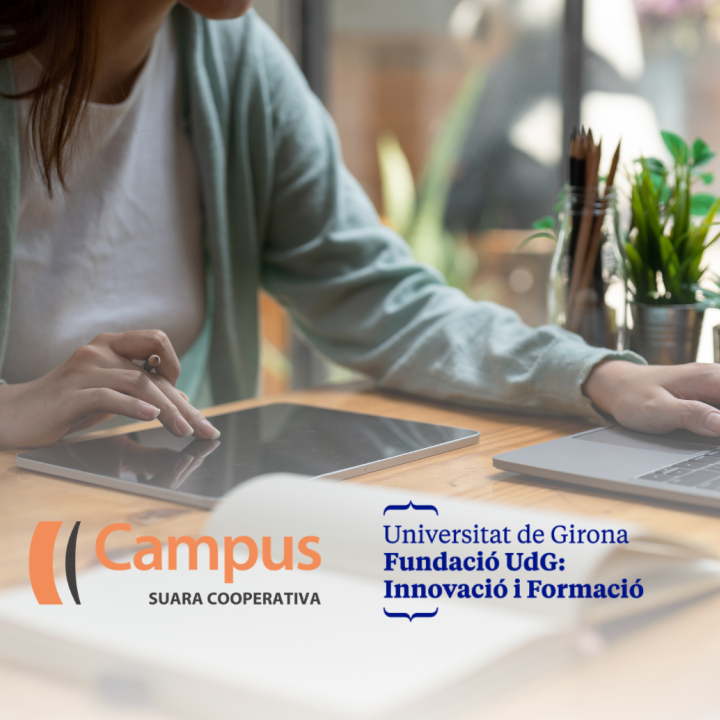For Miguel Sánchez, director of the Dependent Unit and the Justice Housing managed by Suara Cooperativa, two services located in the Alt Empordà of the Department of Justice, where we accompany people deprived of their liberty, these resources are the best option that the people served have to set their future plans in motion.
What services do we find here in Alt Empordà?
We are talking about two services in one. The housing of Justice is intended for inmates who are serving sentences in the second and third degree, who do not have a home to be able to enjoy the permits. On the other hand, in the Dependent Unit of Alt Empordà it is an extension of what is the open penitentiary center of Girona and what they do is enjoy the eight hours of the sentence that they must compulsorily serve in a residential service of Suara.
Why are these services important?
The importance of these services that we offer from Suara Cooperativa is basically reintegration. We are a small team, but we work hard to help find or stabilize the post-conviction situation.
What is the main need of the person served in these services?
Above all, not feeling judged by society when they leave prison. Coming to the residential services that we manage from Suara and, in this case, are the only ones we have in Alt Empordà, is the best option to be able to carry out their future projects.
What benefits do these services bring them?
Some when they leave have been in prison for a long time and the exit must be gradual, staggered and, above all, giving them a lot of security for what freedom is. These services help not to lose the perspective of territory. Many of them have lived or live near the city of Figueres and the fact that we are in Figueres also helps them to be able to give this added value of being close to home, of not feeling excluded from society.
What is the support model in these services?
The model we follow is the Suara Cooperativa person-centered model, which is based on empowerment. Welfare is not important to us, but empowerment is important to us and, for this reason, we need to give all possible tools so that once they obtain freedom they can get out and they usually do and they know how to do it very well. They have these skills, which we help to bring to the fore.
How do you achieve this?
With personalized and individualized interviews with the inmates, as well as very specific tutoring both inside and outside the service. We give them a voice and vote in their participatory process: what they want or where they want to go and, above all, where they do not want to go back. We also coordinate with the different social workers, both in the prison and in the open center, and we work in a network with social services.
What does this network work consist of?
We knock on all possible doors in order to achieve the goal that our inmates have. For example, if the goal is to find a room, we talk to the housing of the Regional Council, with the city council or with social services. We do it depending on the goal that the inmate has.




